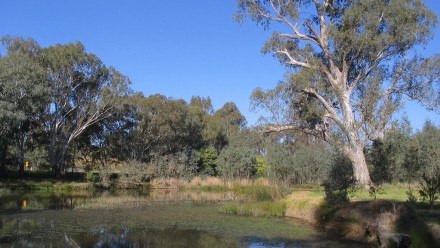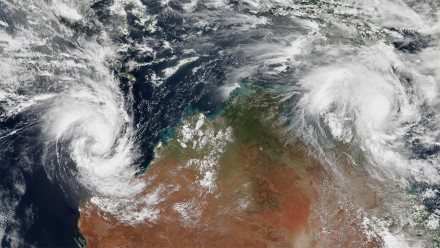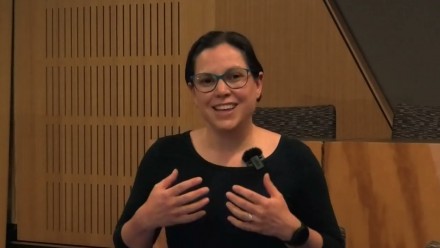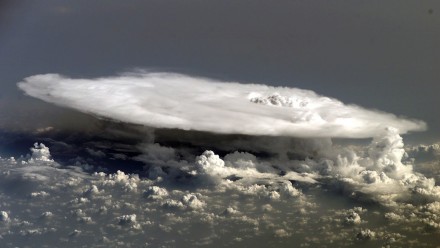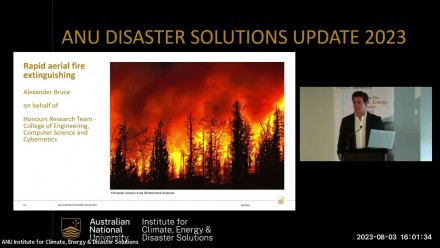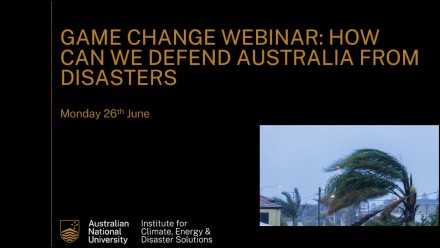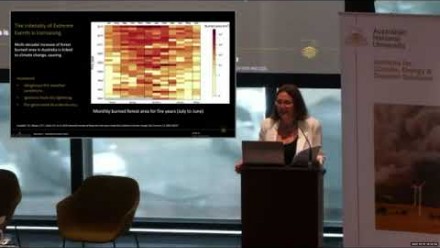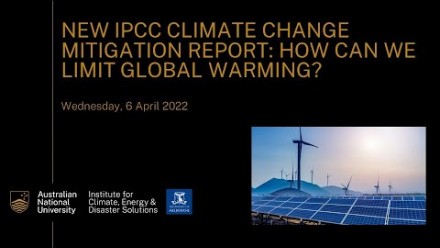Disaster solutions
Disasters have devastating and long lasting societal and economic impacts that are often regional and sometimes global in reach. By nature, disasters usually occur with little or no warning. This element of 'surprise' often overwhelms community and government resources and their ability to respond. The adverse societal, economic and environmental impacts often endure long after the event.
Almost half the world's natural disasters occur within the Asia and Pacific regions to Australia's immediate north. These disasters tend to concentrate along the geo-tectonic region called the Ring of Fire or the Circum-Pacific Belt. Hundreds of millions of people are affected with economic losses exceeding an estimated US$200 billion annually. Invariably, impoverished communities that have limited economic means and social support to recover are most severely affected. Australia is also increasingly impacted by a range of disasters, given enhanced forecasting, technological and institutional responses.
Activities focussed on the disaster risk theme will encompass a range of areas including the cascading impacts of disasters, public health and disasters, fire and natural hazards, social cohesion and community resilience. Its interactions with energy and climate will be a key area of focus.
Click here for an overview of current ANU disaster solutions research.
Current Projects
Recent Activities
In conjunction with the 2024 ANU Disaster Solutions Update, the "Who Pays for Disasters and How" roundtable was convened. The roundtable findings are now available here.
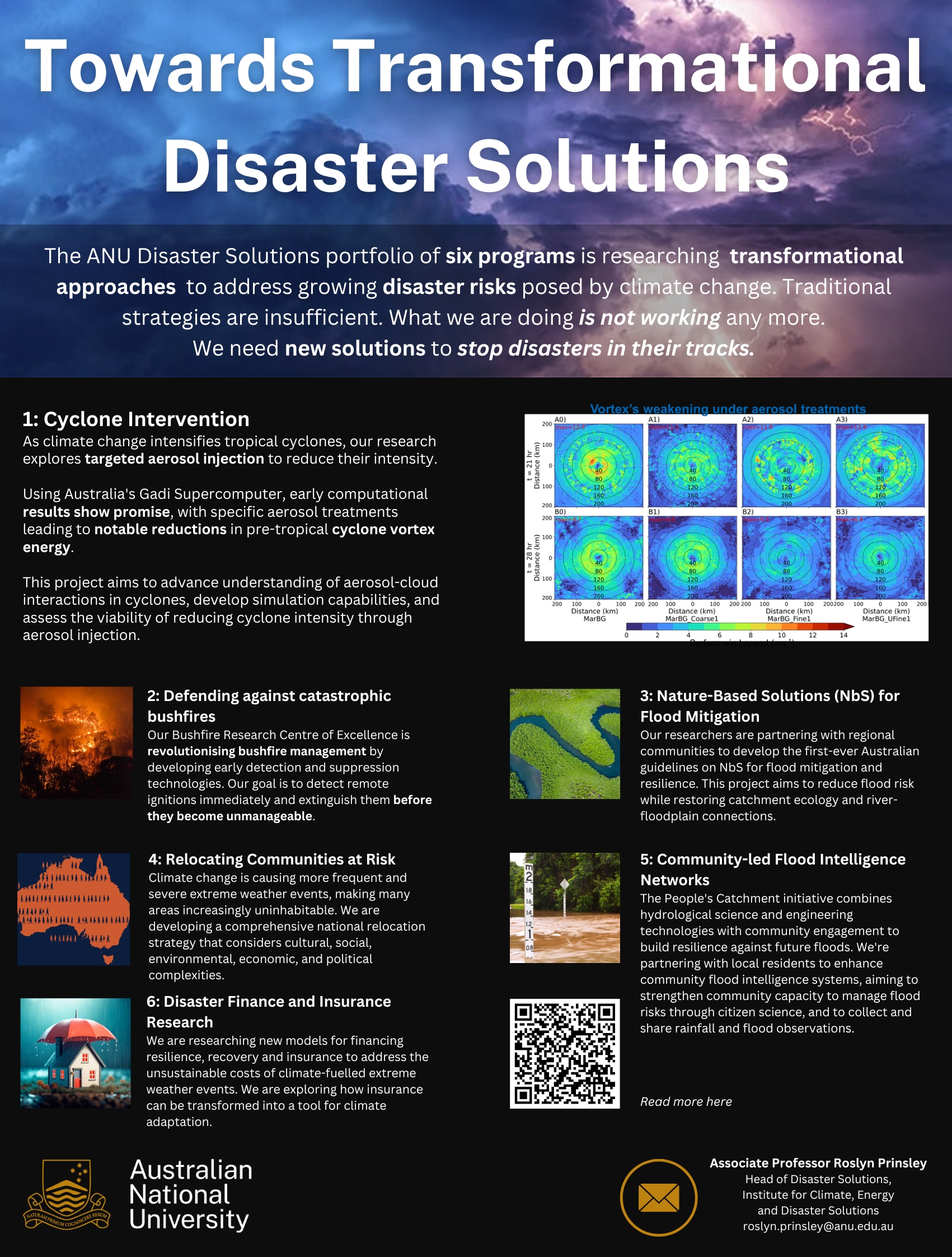
News
Your guide to the 2024 United Nations Climate Change Conference, also known as COP29, with commentary and events from ANU academics and students.
As Australia faces more frequent and intense natural disasters due to climate change, a critical question emerges: who covers the growing costs of preparing...
ANU researcher Dr Georgy Falster's recent findings on naturally occurring "mega droughts", while alarming, are important as they give us...
Flooding is expected to cause increasing loss and damage in regional communities situated on floodplains. Unlike traditional engineering solutions, Nature-...
Your guide to the 2023 United Nations Climate Change Conference, also known as COP28, with commentary and events from ANU academics and students.
Events
ANU Disaster Solutions Update 2024 »
The 2024 ANU Disaster Solutions Update will present the latest research and innovative solutions in disaster finance. It will explore strategies for building resilience, prevention and recovery, and the role of communities, government and the private sector.
Cooling Earth by aerosol effects on shallow marine clouds »
Seminar with ICEDS Visiting Fellow, Professor Daniel Rosenfeld - steering committee member of the Cyclogenesis Project, which investigates how Tropical Cyclone energy and impacts can be modified using aerosols using a novel simulation tool.
ANU Disaster Solutions Update 2023 »
The ANU Disaster Solutions Update 2023 will explore the latest developments in transformational solutions to disasters that aim to prepare us for worst case scenarios.
Game Change Webinar: How can we defend Australia from disasters? »
In our next Game Change Webinar, Dr Roslyn Prinsley will provide an overview of some exciting new transformational solutions that are Game-Changers in helping prevent and reduce the risk of climate-fuelled disasters.
ANU Disaster Solutions Update: From Fires to Floods »
How can we advance our approaches to preventing and responding to disasters, both in Australia and across the region?
New IPCC Climate Change Mitigation Report: How can we limit global warming? »
Join us at this event to hear directly from several IPCC report authors about its key findings including how they relate to Australia.













